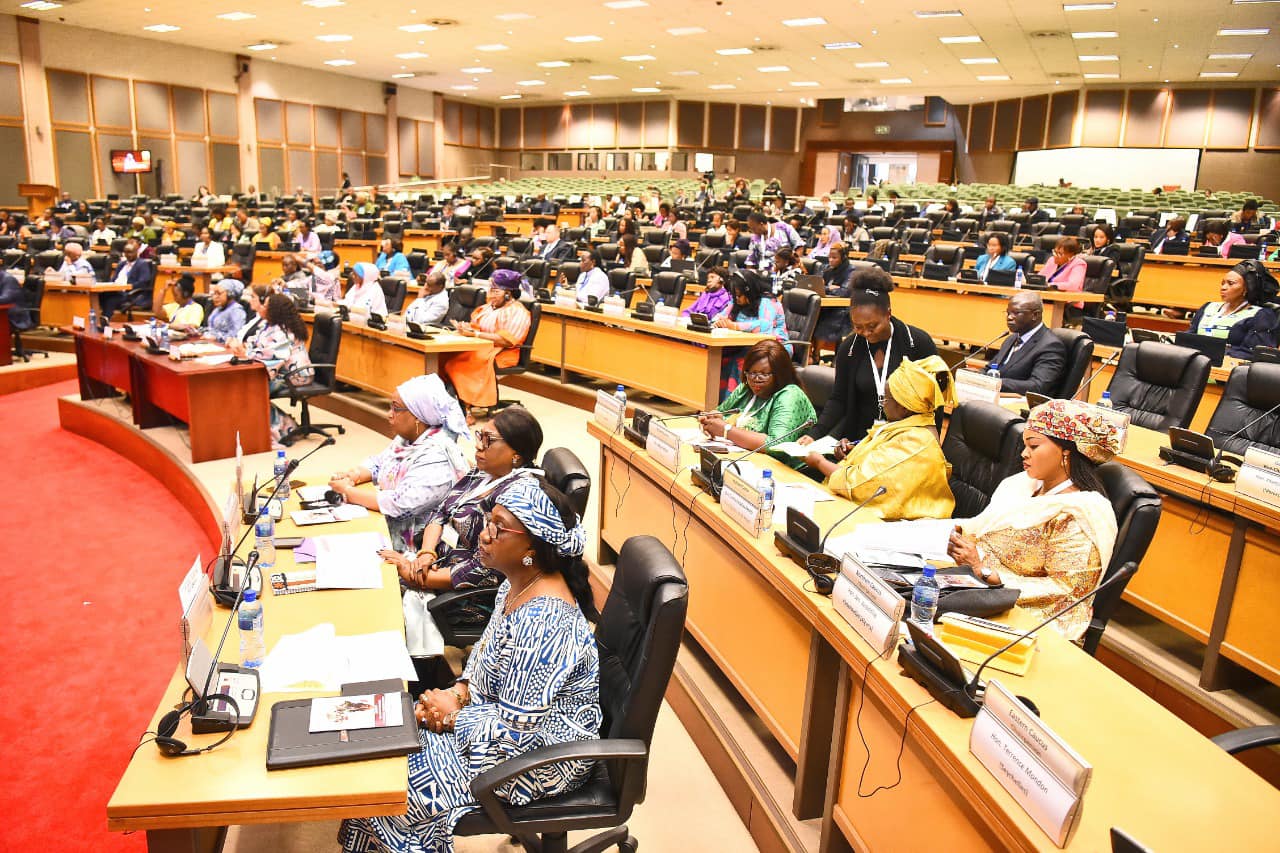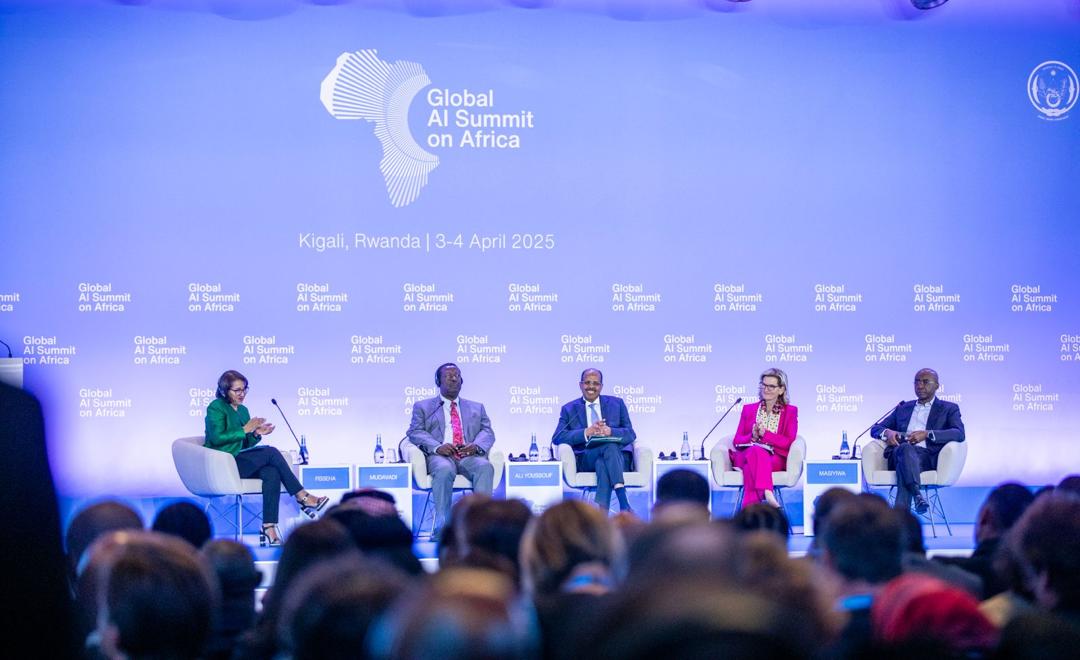Acknowledging ecological limits as fixed, non-negotiable thresholds is not a matter of environmental sentiment but of strategic necessity. Ignoring these boundaries undermines the very foundation for long-term security, stability, and prosperity — for societies and economies alike.
The illusion of inclusivity in multistakeholder engagement
While “multistakeholder engagement” is often hailed as a democratic ideal, the African experience with emerging technology governance reveals a structural flaw: participation is largely concentrated among a select cadre of technocrats, policymakers, and corporate actors. This exclusivity means that the voices of local innovators, civil society, grassroots communities, and the broader public are often absent from decision-making spaces. The result is a feedback loop where policy reflects elite perspectives, while digital inequities deepen and public trust erodes. True inclusivity demands breaking this monopoly on knowledge and influence.
The peril of premature AI obsession:
Many African nations are racing to draft AI strategies atop unfinished digitalisation foundations — broadband infrastructure gaps, unreliable electricity, underdeveloped data governance regimes, and limited digital literacy. This “AI-first” mindset risks crowding out the transformative potential of other critical technologies — from renewable energy systems and precision agriculture tools to healthtech solutions — which may offer more immediate, scalable benefits.
History warns us that technological fascination is fleeting. The world’s current AI fervor could pivot tomorrow to quantum computing, biotechnology, or another frontier. If African countries anchor their tech ambitions solely on AI, they risk policy whiplash, wasted resources, and strategic vulnerability.
The wiser path is calibrated ambition: treat AI not as the centrepiece of development policy, but as one component in a resilient, future-proof innovation ecosystem. This requires:
Robust regulatory scaffolding for AI-specific challenges — data privacy, algorithmic bias, liability regimes, and risk management.
Integration into broader national development strategies, ensuring coherence with health, education, agriculture, and industrialisation goals.
Institutional foresight capabilities to anticipate shifts in global technology priorities and adapt without starting from zero.
Commitment to ethical, inclusive, and ecologically sound technology pathways, where the measure of success is not hype adoption but tangible, equitable improvement in human wellbeing.
In short, Africa’s digital future should be shaped not by the gravitational pull of the latest global tech craze, but by a disciplined, foresight-driven strategy that keeps both the horizon and the ground beneath firmly in view.




